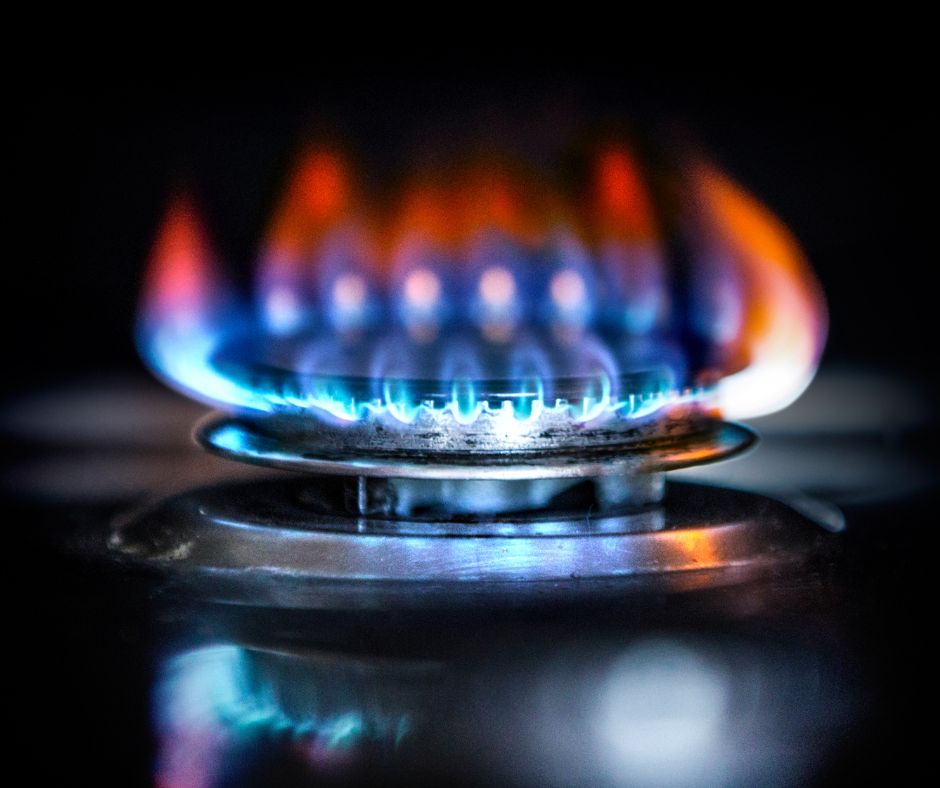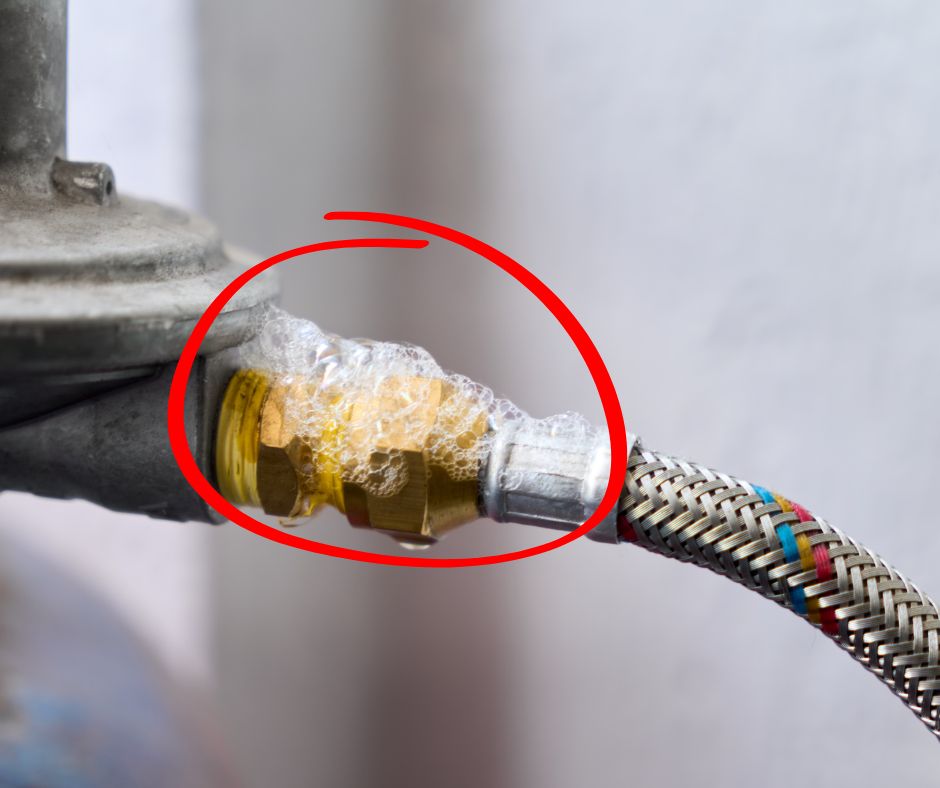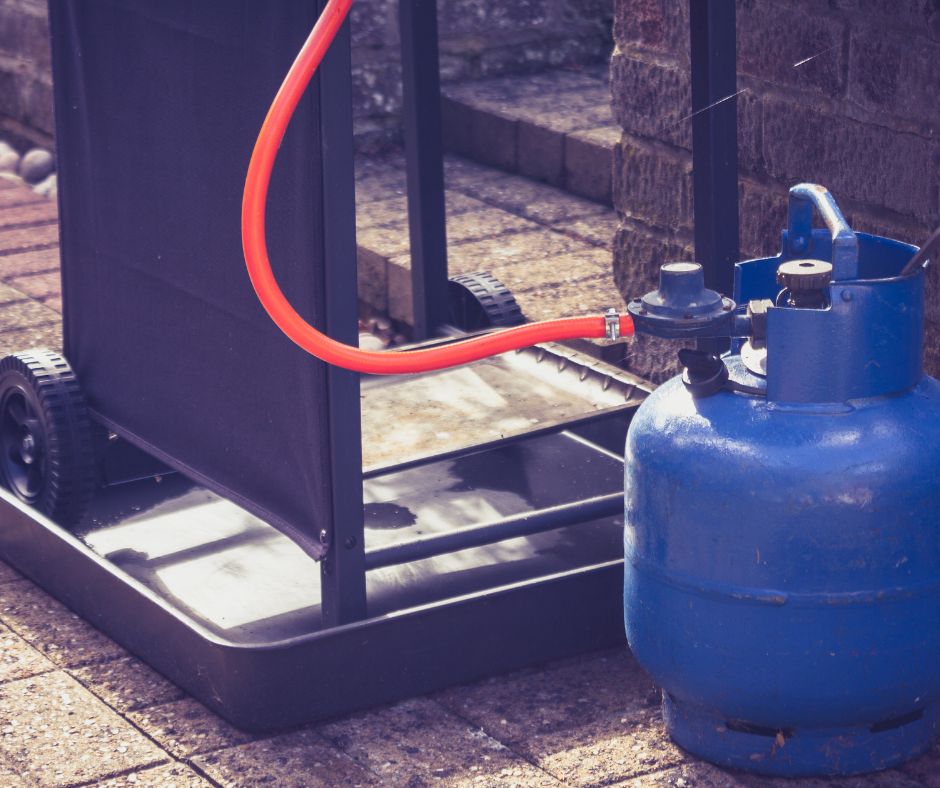Identifying the Key Indicators of a Gas Leak in Your Home to Ensure Safety
It is crucial to identify the typical signs of a gas leak to protect yourself and those around you. If you detect a strong odour that resembles rotten eggs, hear any hissing or whistling sounds coming from your gas appliances or pipes, notice flames that are yellow or orange rather than the usual blue, or if you frequently experience unexplained headaches or feelings of dizziness, these could all be serious warning signs of a gas leak. Additionally, pay attention to any dead plants near outdoor gas lines, as this may indicate a significant issue. Should you observe any of these alarming signs in your Wollongong home, it is imperative to shut off your gas supply at the meter, open windows for ventilation, and contact a licensed gasfitter for immediate professional support.

Understanding When to Call a Gasfitter During an Emergency Situation
Experiencing a gas leak is an extremely serious matter that requires prompt action; do not hesitate. Even a single spark can transform a regular household environment into a perilous zone. Gas leaks can originate from a variety of sources, including faulty connections, ageing appliances, or even corrosion in subterranean gas lines. Quick detection and timely intervention are essential to prevent injuries, property damage, or even more catastrophic outcomes. Homes in Wollongong, particularly those equipped with older gas heaters or poorly ventilated settings, encounter heightened risks if their gas systems are not routinely inspected. This comprehensive guide will furnish you with the necessary knowledge to identify a gas leak, the immediate actions to take, and the right time to contact a licensed gasfitter for urgent repairs.
Spotting the Major Warning Signs of a Gas Leak in Your Home
1. Detecting the Distinctive Smell of Sulphur or Rotten Eggs
While natural gas is odourless in its pure form, suppliers intentionally add a compound known as mercaptan, which produces a strong, sulphur-like odour, to aid in leak detection. If you suddenly become aware of a pronounced smell that resembles rotten eggs, it is critical to heed this warning seriously. This unmistakable scent serves as an immediate indicator that gas may be escaping within your home, necessitating swift action to ensure everyone's well-being and safety.
2. Listening for Hissing or Whistling Sounds Near Your Gas Appliances
A classic sign of a gas leak can manifest as the sound of gas escaping under pressure from a pipe or hose, often producing a soft yet noticeable hissing noise. If you hear such sounds close to your gas appliances or near gas lines, it could indicate a leak. It is important to remain vigilant and investigate any unusual noises, as they may represent a critical safety concern that requires immediate professional evaluation and action.
3. Observing Flames with Unusual Colours in Your Gas Appliances
Gas cooktops and heaters are designed to burn with a clean, bright blue flame. If you notice that the flames are yellow or orange, or if they flicker erratically, this could indicate incomplete combustion, potentially caused by gas leaks or blockages within the system. Observing such discoloured flames is a vital warning sign that something is amiss with your gas appliances, and it requires immediate investigation to prevent further complications or hazards.
4. Recognising Unexplained Physical Symptoms Among Family Members
If you or your family members frequently suffer from headaches, dizziness, nausea, or fatigue while indoors, these physical symptoms could signal gas exposure or a buildup of carbon monoxide in an enclosed area. Such reactions are serious and should not be dismissed. It is essential to acknowledge these symptoms and take the necessary precautions, as they may indicate a dangerous situation that requires urgent attention from a licensed gasfitter.
5. Noticing Wilting Houseplants or Dying Outdoor Flora
Gas leaks that occur near outdoor gas lines or under slab connections can lead to the gradual decline of nearby plants and vegetation. This deterioration happens because the escaped gas displaces oxygen in the soil, hindering plants' ability to thrive. If you observe wilting or dying houseplants or outdoor plants in proximity to these areas, it may be a sign of a gas leak that requires immediate assessment by a qualified professional to ensure safety.

Essential Actions to Take If You Suspect a Gas Leak
1. Immediately Shut Off the Gas Supply
Locate your gas meter and turn the valve clockwise to shut off the gas supply to your home. This valve is usually positioned on an exterior wall, either at the front or side of the property. Acting swiftly at this stage is crucial for ensuring safety and minimising risks.
2. Avoid Using Any Electrical Devices
Refrain from switching on lights, appliances, or any electrical outlets. Even the smallest spark from an electronic device can ignite leaked gas, resulting in potentially catastrophic consequences. Maintain a safe distance from any electrical sources until the situation is thoroughly assessed and deemed safe.
3. Open All Windows and Doors for Adequate Ventilation
Ensuring proper airflow is essential for mitigating the dangers associated with gas accumulation. Open all windows and doors to facilitate fresh air circulation; cross-breezes are particularly effective in dissipating accumulated gas. This step is crucial for reducing the concentration of gas in the air and enhancing safety for everyone in the vicinity.
4. Avoid Attempting Repairs on Your Own
Only licensed gasfitters are legally authorised to repair or reconnect gas systems in NSW. Any attempt to tamper with the system can introduce further risks and may void your insurance policies. It is vital to leave repairs to qualified professionals who possess the necessary expertise and training to handle gas-related issues safely.
5. Contact a Licensed Gasfitter Without Delay
If you suspect a gas leak, reach out to a licensed gasfitter for emergency response services in Wollongong and surrounding suburbs. Contact CS Plumbing’s licensed gas services or our 24/7 emergency plumbing team for prompt and professional assistance in addressing the situation effectively.
Understanding Compliance with NSW Gas Safety Regulations for Your Home
In New South Wales, all gasfitting work must comply with the Gas and Electricity (Consumer Safety) Act 2017, ensuring that the highest safety standards are upheld. All gas work must be performed by a licensed gasfitter to adhere to these essential regulations, which are designed to protect homeowners and tenants alike.
After any regulated work is completed, it is advisable to request a Certificate of Compliance to verify that all safety standards have been met satisfactorily. As a homeowner in Wollongong, you bear the legal responsibility for ensuring that your gas appliances and installations are maintained and repaired exclusively by licensed professionals who are qualified to perform such work safely.
Proactive Measures to Prevent Future Gas Leaks in Your Home
- Schedule annual gas safety inspections, particularly before the winter heating season, to ensure all systems are functioning properly.
- Replace old flexible gas hoses and bayonet fittings that appear cracked or brittle to avert potential leaks and maintain system integrity.
- Keep vents and exhausts clear of obstructions to guarantee proper airflow and prevent gas buildup in enclosed spaces.
- Regularly inspect for corrosion on outdoor connections, especially after heavy rainfall or prolonged exposure to coastal environments.
- Utilise only branded, certified gas appliances to ensure optimal safety and efficiency in your home.

The Article: Detect and Respond to a Gas Leak in Your Wollongong Home first appeared on https://writebuff.com
The Article Gas Leak Detection and Response for Your Wollongong Home Was Found On https://limitsofstrategy.com

